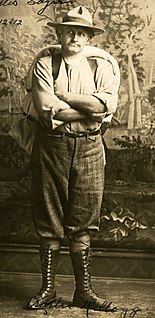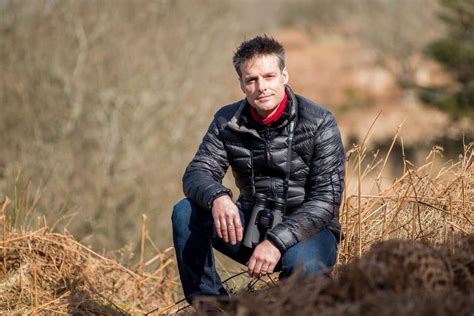A Quote by Richard Proenneke
Too many men work on parts of things. Doing a job to completion, satisfies me.
Related Quotes
...[D]ivision of labor, in my mind, is one of the dangers of work-based technology. Modern IT infrastructure allows us to break projects into very small, discrete parts and assign each person to do only one of the many parts. In so doing, companies run the risk of taking away employees' sense of the big picture, purpose, and sense of completion.
I've been asked to do small parts in films, but you know, what I've learned in the 12 Steps of Recovery is that for me, being a public person, is not a very healthy thing. There's too many drugs, too many jets, too many girls, too many parties. It's just not my lifestyle. I'm 58 years old. A good round of golf is about as exciting as my life gets.
It's impossible to say a thing exactly the way it was, because of what you say can never be exact, you always have to leave something out, there are too many parts, sides, crosscurrents, nuances; too many gestures, which could mean this or that, too many shapes which can never be fully described, too many flavors, in the air or on the tongue, half-colors, too many.
You make good work by (among other things) making lots of work that isn't very good, and gradually weeding out the parts that aren't good, the parts that aren't yours. It's called feedback, and it's the most direct route to learning about your own vision. It's also called doing your work. After all, someone has to do your work, and you're the closest person around.
I work with the options I have in front of me and my reasons for choosing a job can vary enormously depending on the circumstances. Sometimes I take a job because it's a group of people I'm dying to work with, and sometimes it can be a desire to shake things up a bit and not to take myself too seriously.
I'm not doing it to pander to people. I just always knew what I liked versus what I don't like. I never liked things with too many zippers or spikes and stuff. That weirds me out. I like things that are pretty. And I think it's great to be pretty. I like being feminine. I think it's good to be feminine. We don't need to look like men or dress like men or talk like men to be powerful. We can be powerful in our own way, our own feminine way.



























